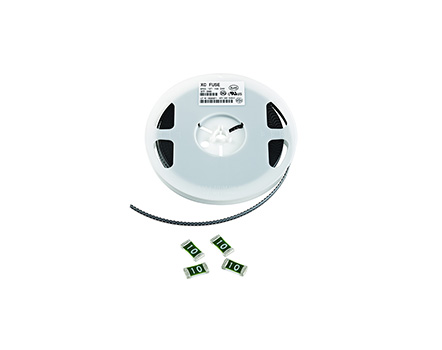
1. Is the quality of the fuse qualified
When choosing a fuse, it is important to determine whether the quality of the fuse is qualified. Unqualified fuses may have too many uncertain factors during use, such as not being able to operate under normal current and voltage or not being able to fuse in a timely manner when the circuit is overloaded. This can have adverse effects on the product's circuit and electrical appliances, and personal safety cannot be guaranteed. Therefore, when purchasing a fuse, it is necessary to check whether the product is qualified.
2. Is the fuse model suitable for circuit operation
There are many types of fuses. When choosing a fuse, it is necessary to first understand the normal circuit working current and voltage of the product, and then select appropriate fuse parameters. This way, the fuse can protect the circuit from being damaged by overload current when the circuit is overloaded.
3. Breaking capacity of fuses
A fuse must pay attention to its breaking capacity, whether it is a slow or fast breaking type, and whether it can be blown in a timely manner when the circuit is overloaded. If not, it indicates that the fuse is faulty. So when choosing a fuse, it is important to understand the specific action standards of the breaking capacity of the fuse and measure whether it is suitable for the product circuit.
Read recommendations:
heater for greenhouse thermostat
bimetal thermostat for refrigerator
water heater thermostat wiring.Protective Role of Chip Fuses
temperature balance quilted mattress protector.Calculation Method for Melt Current of Fuse Fuses